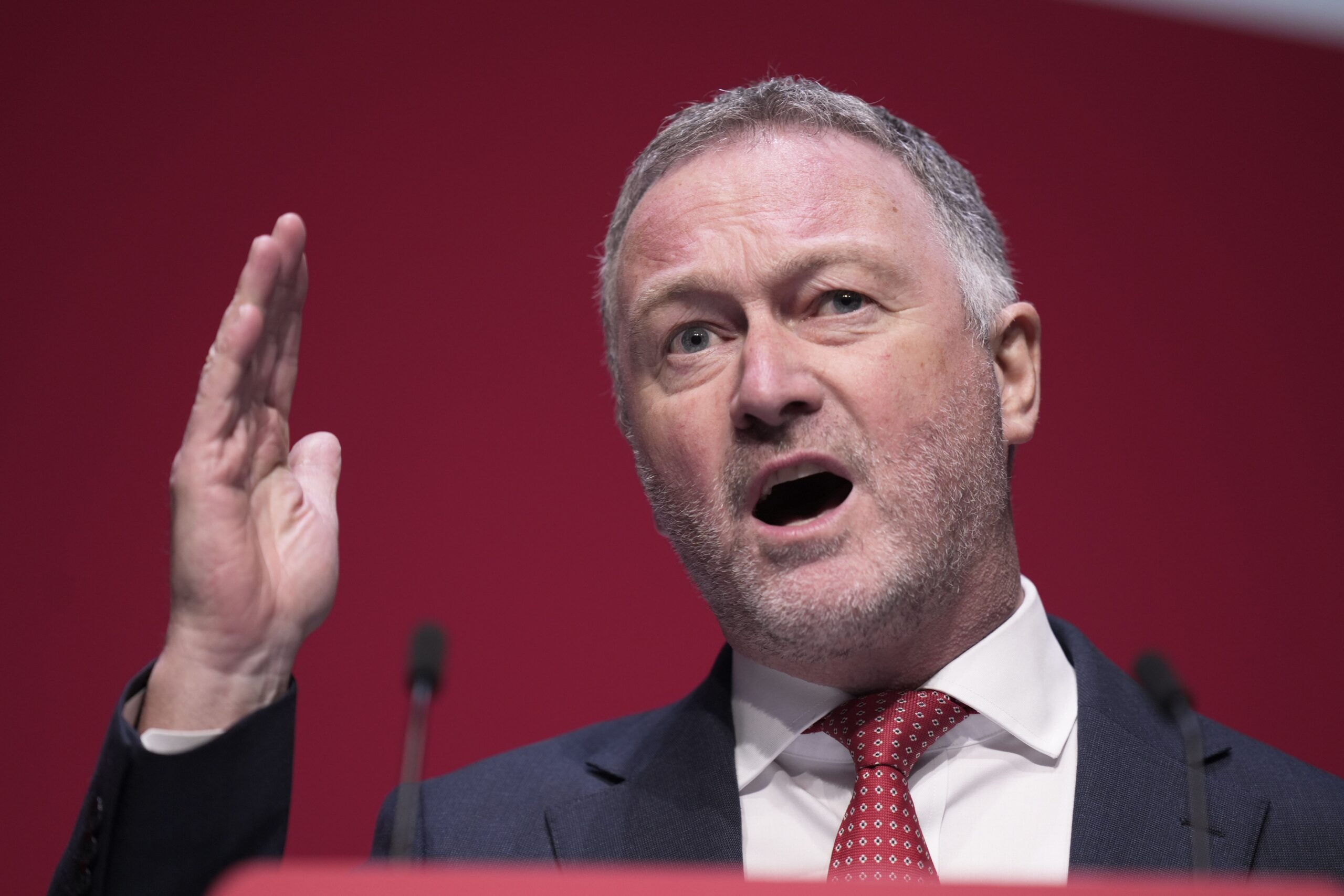Just two per cent of councils in England believe the government’s new funding commitment to help struggling households will be enough to meet rapidly growing need, a shocking new survey has revealed.
Labour has pledged £1 billion a year for at least three years to local authorities through its new Crisis and Resilience Fund. This will replace the Household Support Fund – used by councils to support low-income households – and Discretionary Housing Payments, which are one-off grants to help with housing costs.
Councils in England have been allocated £842 million through the new fund for next year, up from £835 million in 2025/26 granted through the two schemes it will replace. While this is a nominal increase of £7 million, it would amount to a real-terms cut of £34.2m based on September’s inflation rate.
The vast majority (98%) of local authorities are not confident this funding will meet local need to a great extent, the survey by the Local Government Association (LGA) reveals. Two-thirds also say they have seen household’s financial hardship increase over the past year, and expect this trend to continue.
Announcing the Crisis and Resilience Fund earlier this year, the government said the longer-term funding approach was being put in place to enable local authorities to provide preventative support and deliver on its manifesto commitment to end mass dependence on emergency food parcels.

Prior to this, the continuation and exact funding for the Household Support Fund had been confirmed yearly. However, the LGA survey of 113 councils also finds that only 15 per cent are confident the new fund will be ready to implement by April.
Cllr Dr Wendy Taylor, chair of the LGA’s Health and Wellbeing Committee, said: “Financial security and wellbeing are closely intertwined with the overall health and wellbeing of individuals and families and life expectancy, so reducing financial hardship can have a direct impact on reducing existing health inequalities across the country.
“We are pleased that the Government has maintained funding for local welfare support through the new CRF by bringing together the current HSF and DHP schemes. However, it is important that the best of these schemes is retained, particularly their role in supporting long-term financial resilience.

“Streamlining the funds together will be a challenge as they are currently administered by different tiers of local government, with different rules and purposes. Local councils are ready to work closely with DWP and MHCLG as they develop and implement the new approach.”
The results come as mounting research shows that living standards in the UK are continuing to fall, with local councils struggling to fund key provisions. A recent report by the Resolution Foundation found that families in Britain are now £20,000 worse off than they were 20 years ago due to decades of stagnating growth.
Meanwhile, the cost of providing temporary accommodation grew to £2.8bn for councils last year, as many grapple with a housing crisis that continues to push more people into homelessness.
A Government spokesperson said: “We’re committed to preventing households from falling into crisis which is why we’re giving record amounts of funding to local councils through the Crisis and Resilience Fund, supporting people who need it most.
“We have been working closely with Local Authorities on our proposal which will give them much-needed certainty and clarity to plan strategically, co-ordinate services and develop infrastructure that meets local needs.
